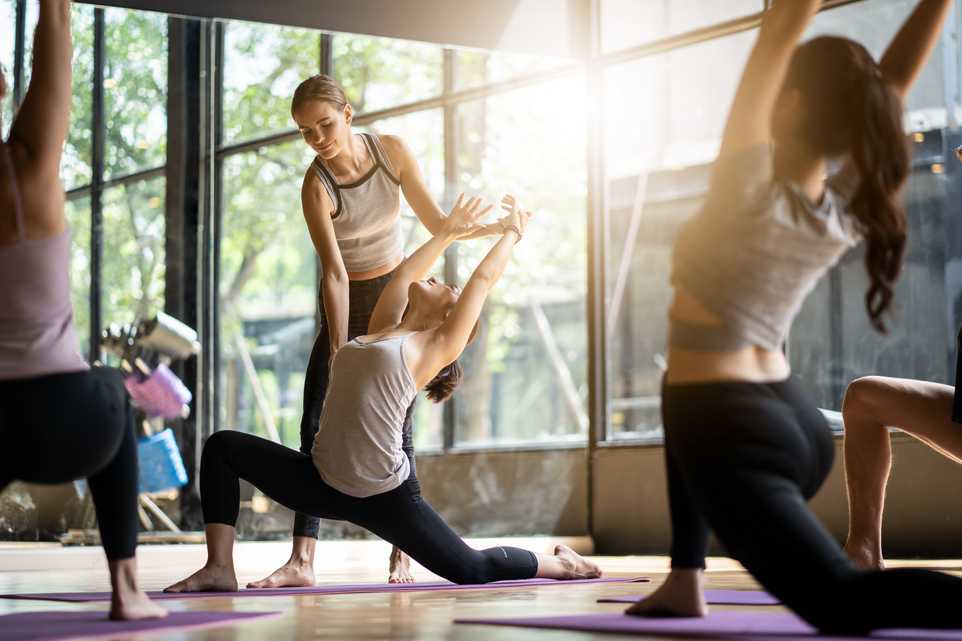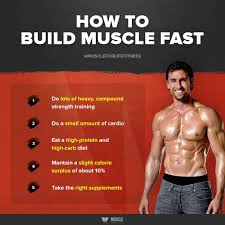
There are many methods to trim down your workouts. Some of these methods are low-intensity cardio, compound exercises, and High-intensity interval training. These exercises will help shape your body quickly and easily. Additionally, there are many other body-building options, such as Pilates or yoga. You will get the results that you want by choosing the right workout.
Low-intensity cardio
Cardio with low intensity is great for trimming your workouts. It can also help your legs recover after heavy lifting. It is also great for building muscle and burning fat. While the ideal amount of intensity varies with the individual, there are a few basic principles for the most effective workouts.

Combination exercises
If you are trying to trim down on body fat, a combination of exercises can be the best way to go. Complementary exercises combine multiple muscle groups to burn more calories. They can also easily be done in a standing position. This requires more core stability. This is a way to achieve more results while spending less.
Interval training at high intensity
Interval training with high intensity is an excellent way to lose weight and improve cardiorespiratory fitness. It increases your V02 max, which is a measure of your body's ability to pump oxygen-rich blood to your working muscles. Increasing your V02 max will make you more active and fit, and it's an important marker of overall health.
Waist slimmer squat
Many women do not realize that squats can help them get a thinner waist. You can incorporate squats into your day, such as getting up from a seat, picking up objects, and so forth. Squats can help you lose weight, maintain function, and even improve your posture.

Exercise Obliques
If you want to get a great oblique workout, you must know the correct technique. Most people simply try to touch their knees with their elbows, and end up failing to target the entire ab region. By crunching one side and rotating your trunk, you can strengthen the obliques. Feel your obliques working during each rep.
FAQ
What happens if I don’t get enough sleep?
Your brain won't receive enough sleep if it doesn't get the signals it needs to regulate hormones, chemicals that regulate appetite and metabolism. In turn, this can cause you to eat more and gain weight. Sleep deprivation can also lead to excessive weight gain.
Which Is More Important: Exercise, Diet, or Sleep?
This depends on what you're trying to achieve. Weight loss is possible by following a healthy diet. However, if you want to gain muscle mass, then exercise is the most important factor for building muscles. Sleep is not as important as it seems, since it has no effect on how you perform throughout the day.
Is it safe and legal to exercise in cold conditions?
Exercise outside whenever possible. The air temperature isn't the only factor determining whether it's safe to exercise outdoors. Wind speed, humidity, precipitation, and visibility also play a role. Layers of clothing will protect you from rain and wind chill if you exercise outdoors in inclement climates.
How many hours sleep should I get each night?
The recommended sleep hours vary based on gender, age and individual needs. Adults require 7 to 9 hours sleep per night. Teenagers and children need approximately 10 hours of sleep per day, although this number decreases with age.
How nutrition and exercise can make your life better.
Exercise is good for your health, weight loss, muscle growth, stress reduction, and overall well-being. Nutrition is crucial for your energy, mood, health, and sleep. You can live longer if you eat less meat and moderate alcohol intake, quit smoking, and engage in regular physical activity.
How does caffeine affect my sleeping?
Caffeine has a significant impact on how fast you fall asleep and how deep you sleep. Caffeine is known to cause drowsiness. This makes falling asleep easier. But caffeine keeps you awake longer, making it harder to fall asleep again. Instead of drinking coffee or energy drinks just before bed, you might consider having them in the evening.
Statistics
- One study showed that adults who watch more than 4 hours of television daily had an 80% higher risk of death from cardiovascular disease. (heart.org)
- Physical activity confers the following maternal and fetal health benefits: a decreased risk of pre-eclampsia, gestational hypertension, gestational diabetes (for example, 30% reduction in risk) (who.int)
- Globally, 81% of adolescents aged 11-17 years were insufficiently physically active in 2016. (who.int)
- Adolescent girls were less active than adolescent boys, with 85% vs. 78% not meeting WHO recommendations of at least 60 minutes of moderate to vigorous intensity physical activity per day. (who.int)
External Links
How To
How to motivate yourself to follow a fitness routine
A fitness routine is a series of exercises that are performed over a specified time period. It helps people build muscle mass and tone their bodies. Regular physical activity improves cardiovascular health and reduces blood pressure, cholesterol levels, risk of heart disease and stroke, diabetes, depression, anxiety, stress, obesity, osteoporosis, and many other diseases. In addition to these benefits, regular exercise provides psychological benefits such as self-esteem, confidence, mood, energy level, sleep quality, and social interactions.
Why do you want to follow your own fitness routine?
If you want to lose weight, improve your overall health and get fit, then you should start following a fitness routine. You might be wondering why you would want to do this. Let's discover!
What does it entail to have a regular fitness program?
It means performing some form of physical activity like running, cycling, swimming, yoga, martial arts, etc., at least three times per week. You don't need to do this for hours. 30 minutes of exercise can be enough to burn calories while keeping you healthy. You must stick to your plan. Do not worry if you forget a day. You can just pick up from where you left off the previous time.
How much time will I need to devote to my workouts?
The amount of time depends on how busy you are. For moderate exercise, it takes 20-30 minutes. If you are new to exercise, start slowly, with 5-10 minutes at first. Once you feel comfortable, increase your duration slowly.